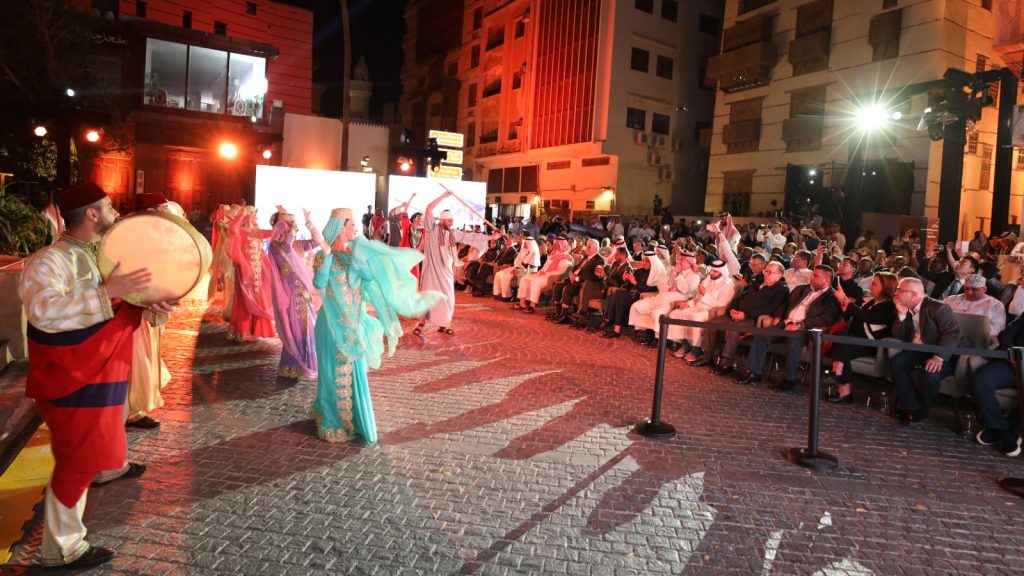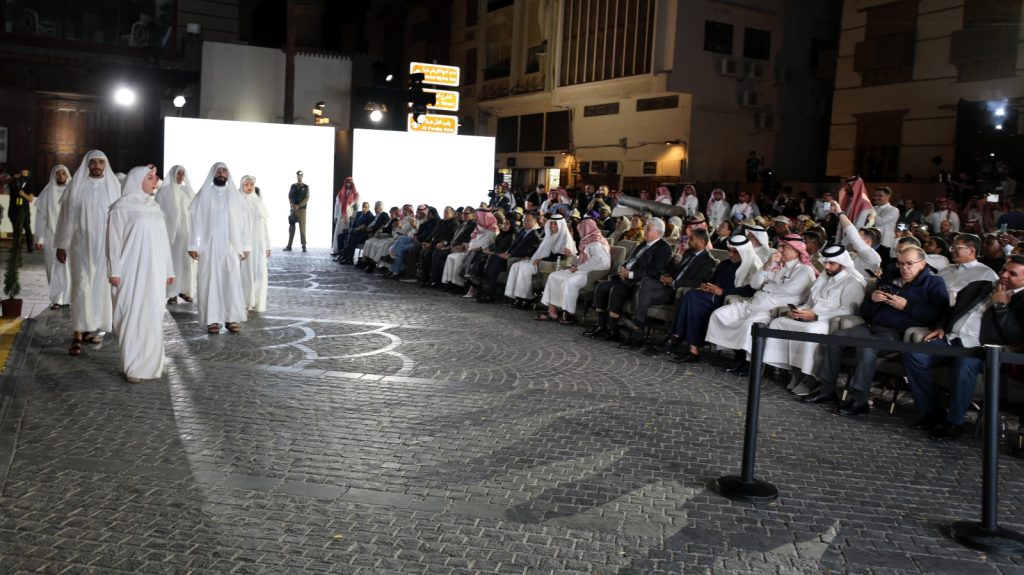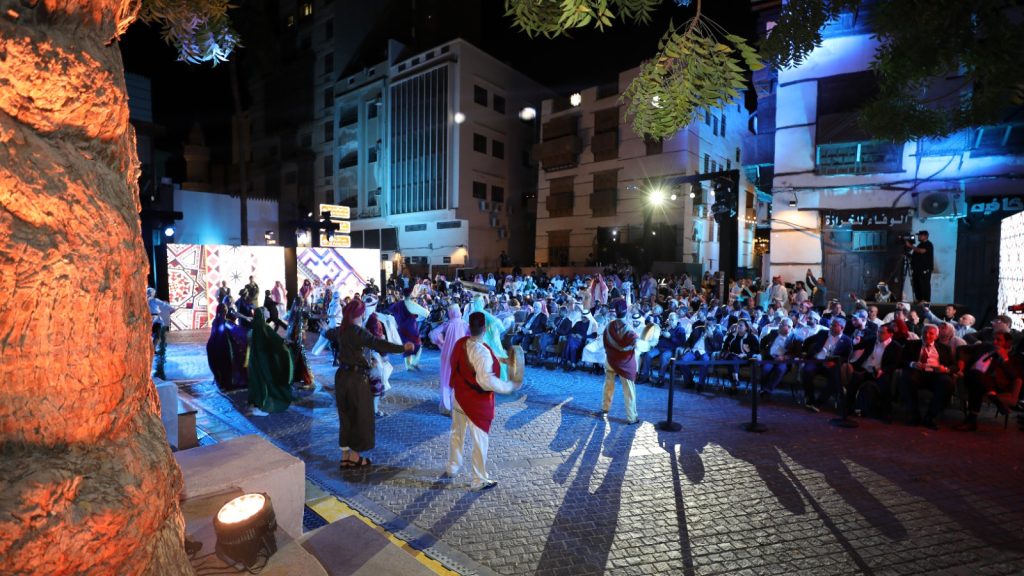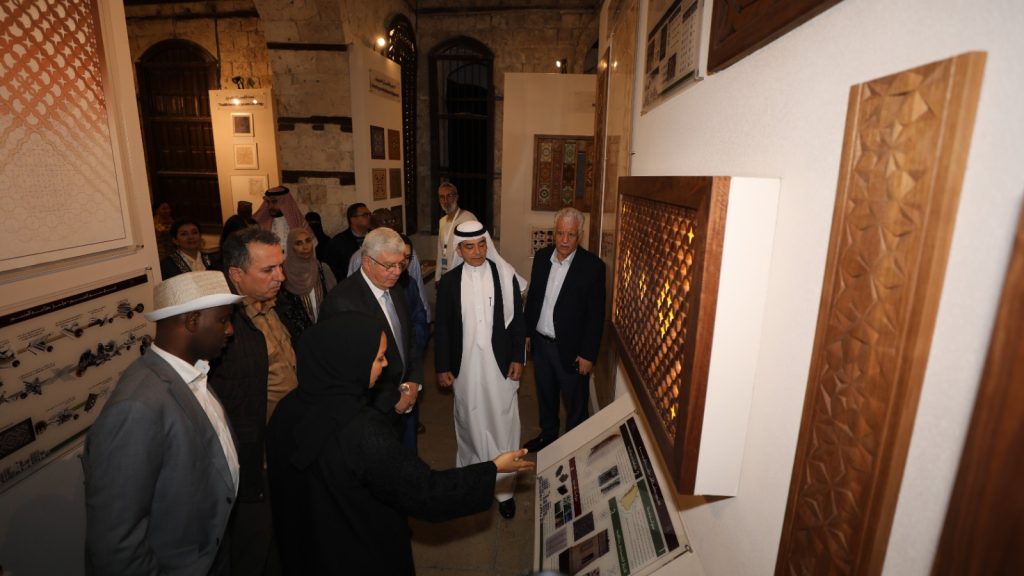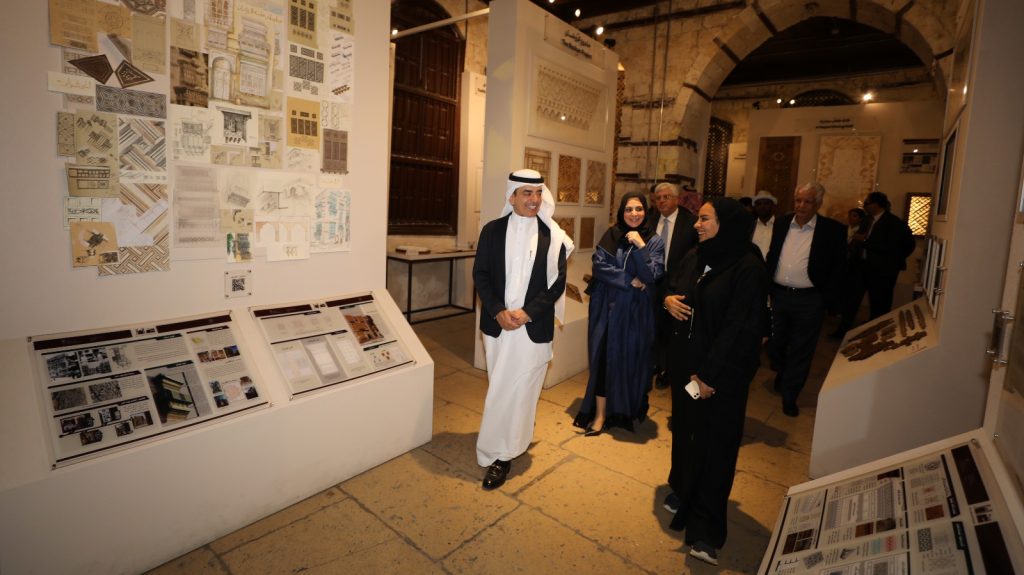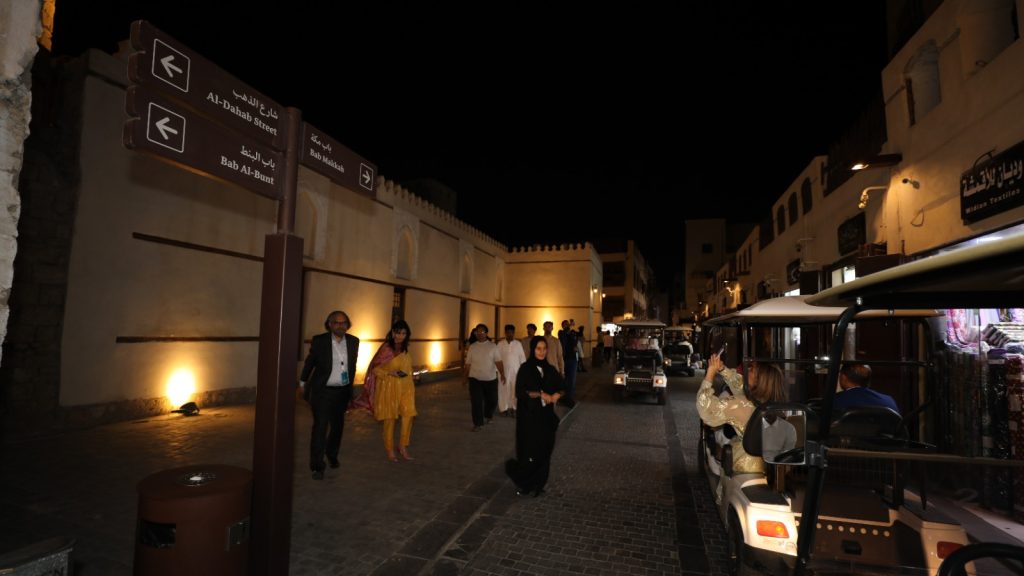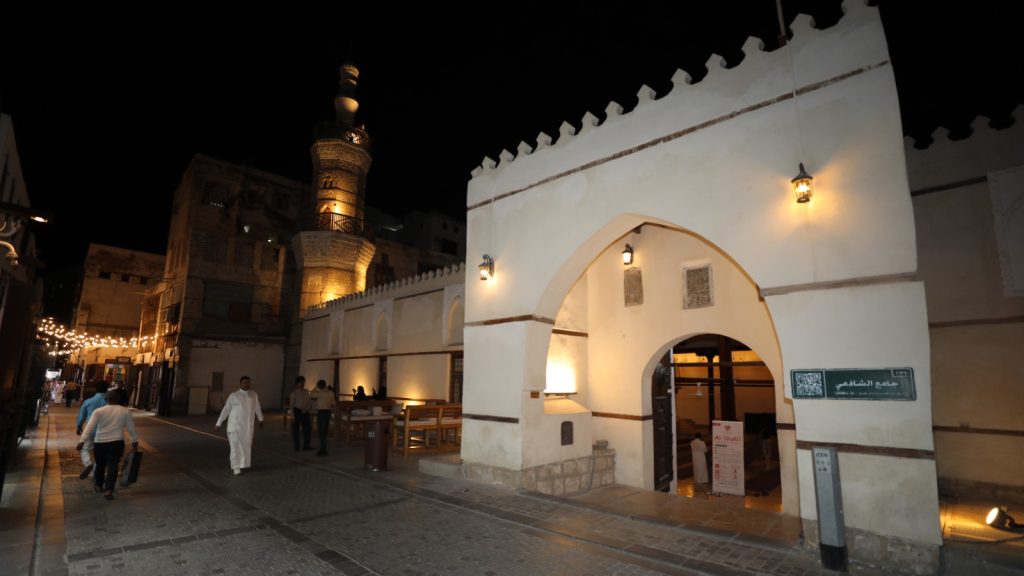
Participants in ICESCO’s Executive Council 44th Session Visit Historic Jeddah

17 January 2024
Participants in the 44th Session of the Executive Council of the Islamic World Educational, Scientific, and Cultural Organization (ICESCO), hosted by the Kingdom of Saudi Arabia, represented by its National Commission for Education, Culture, and Science, went on a tour of Jeddah’s historic district to explore the city’s rich cultural heritage and deep historical significance.
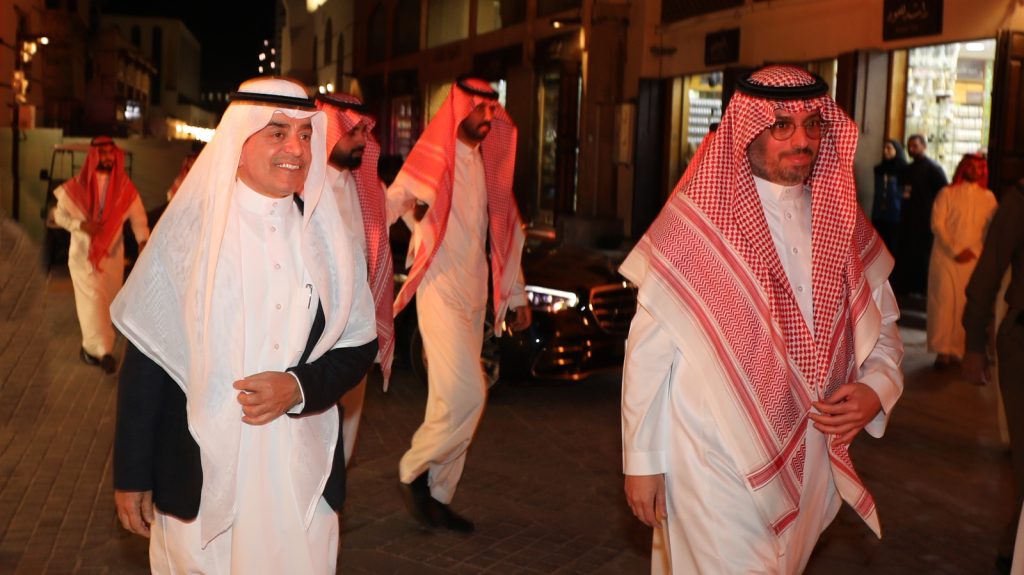
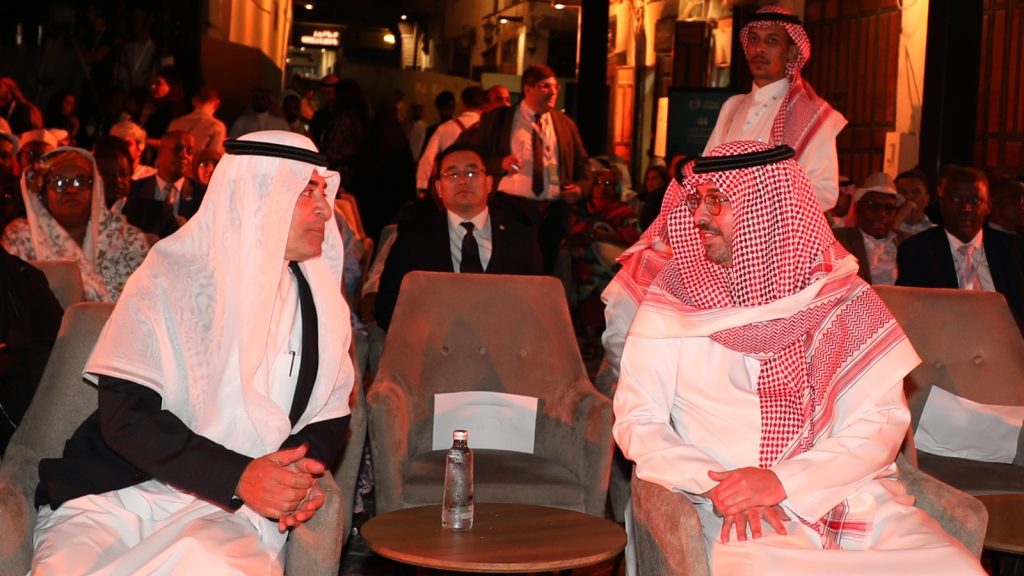
On the evening of Tuesday 16 January 2024, the visitors, including ministers, ambassadors, and secretaries-general of the Member States’ National Commissions, as well as representatives of regional and international organizations, received detailed explanations about Historic Jeddah, which is listed on both the World Heritage List and ICESCO’s Islamic World Heritage List. They were introduced to the city’s archaeological landmarks, mosques, and houses, followed by a welcoming ceremony attended by H.H. Prince Saud bin Abdullah bin Jalawi, Jeddah Governor.
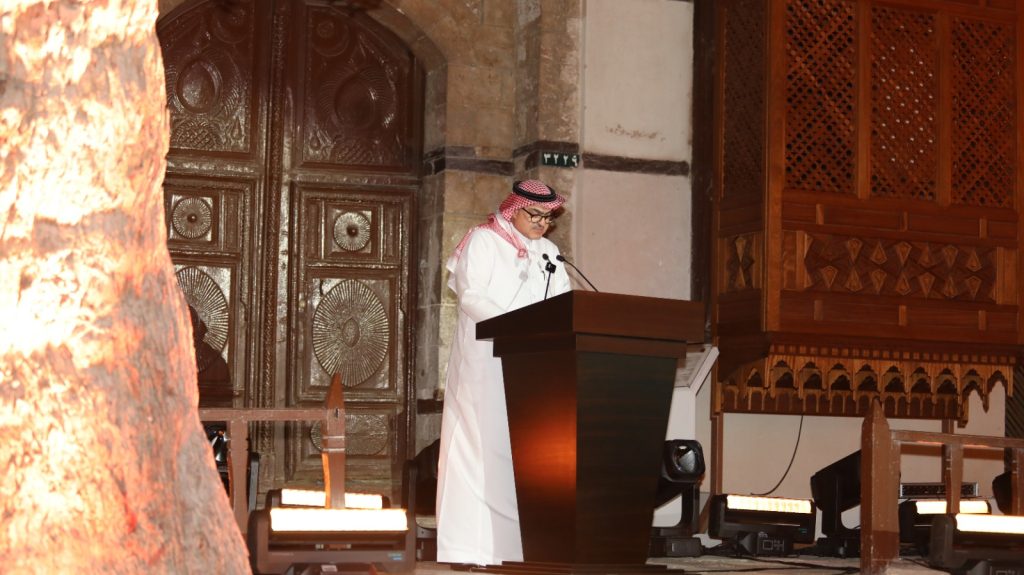
In his address at the ceremony, Dr. Salim M. AlMalik, ICESCO Director-General, expressed his gratitude to the Kingdom of Saudi Arabia, under the wise leadership of the Custodian of the Two Holy Mosques, King Salman bin Abdulaziz, and the Crown Prince and Prime Minister of the Kingdom of Saudi Arabia, Prince Mohammed bin Salman. He also thanked the Ministry of Culture and the Saudi National Commission for Education, Culture, and Science for hosting the 44th Session of ICESCO’s Executive Council.
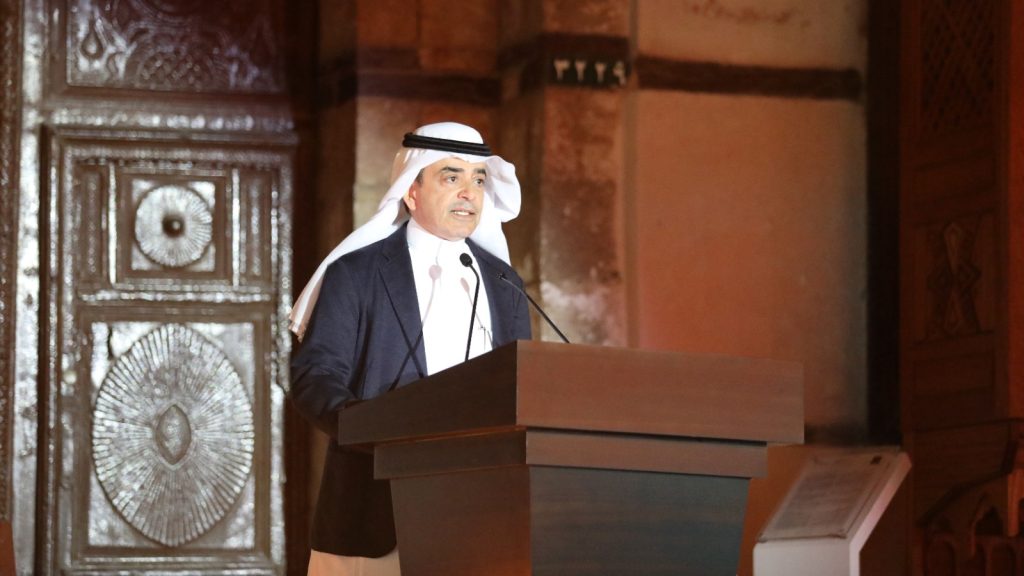
Dr. AlMalik highlighted the significance of Jeddah as the gate to the Two Holy Mosques, pilgrims’ guiding lantern to the Holy Mosque, and haven of love and aspiration. He added that Historic Jeddah houses numerous historical landmarks and a distinguished university, concluding his address with a reading of a poem he wrote for this occasion titled, “Outstanding, Exceptional Jeddah.”
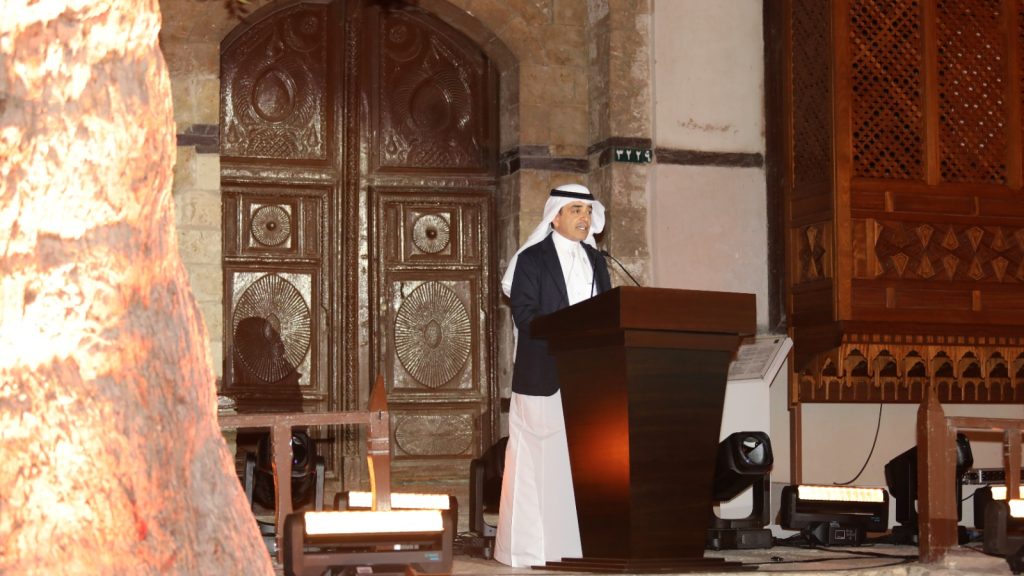
For his part, Mr. Ahmed bin Abdulaziz Alblihed, Secretary-General of the Saudi National Commission, highlighted Jeddah’s historical, Islamic, and archaeological landmarks, casting light on its port’s significance for arriving and departing pilgrims. Moreover, Mr. Alblihed commended the outstanding partnership between ICESCO and the Kingdom of Saudi Arabia, praising the Organization’s efforts to build the capacities of youth in the Islamic world and support the development of their cultural and educational skills through various training programs and activities.

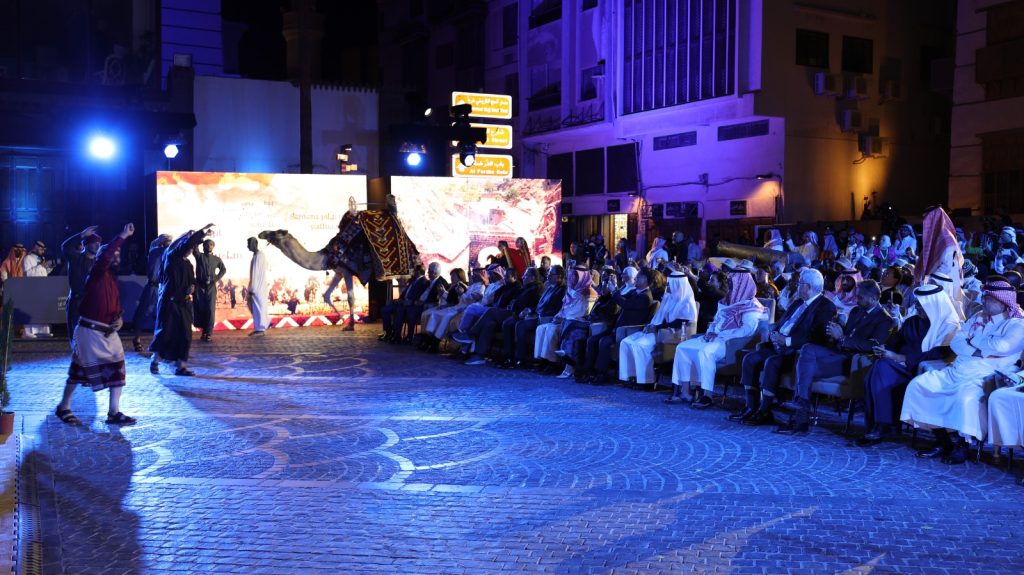
Subsequently, a video presentation titled “Caravans” was screened, discussing ancient civilizational routes used for both trade and Hajj, converging from all parts of the world to the Arabian Peninsula. The presentation showcased the prominent arts of those parts and emphasized the role of the Hajj routes as channels for cultural exchange.
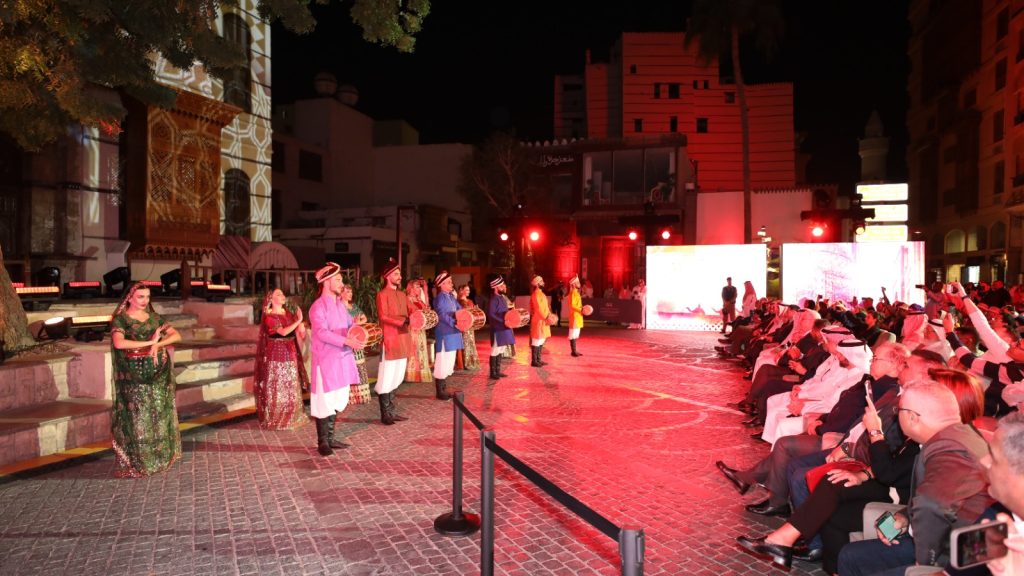
Afterward, the participants in ICESCO’s Executive Council visited the “Bayt Naseef” Museum at the heart of Historic Jeddah, where they explored the artistic treasures that embody the depth of traditional crafts in the Kingdom of Saudi Arabia, including paintings with natural pigment, camel bone marquetry, traditional wood carving, gypsum carving, traditional wood joinery, and more.
